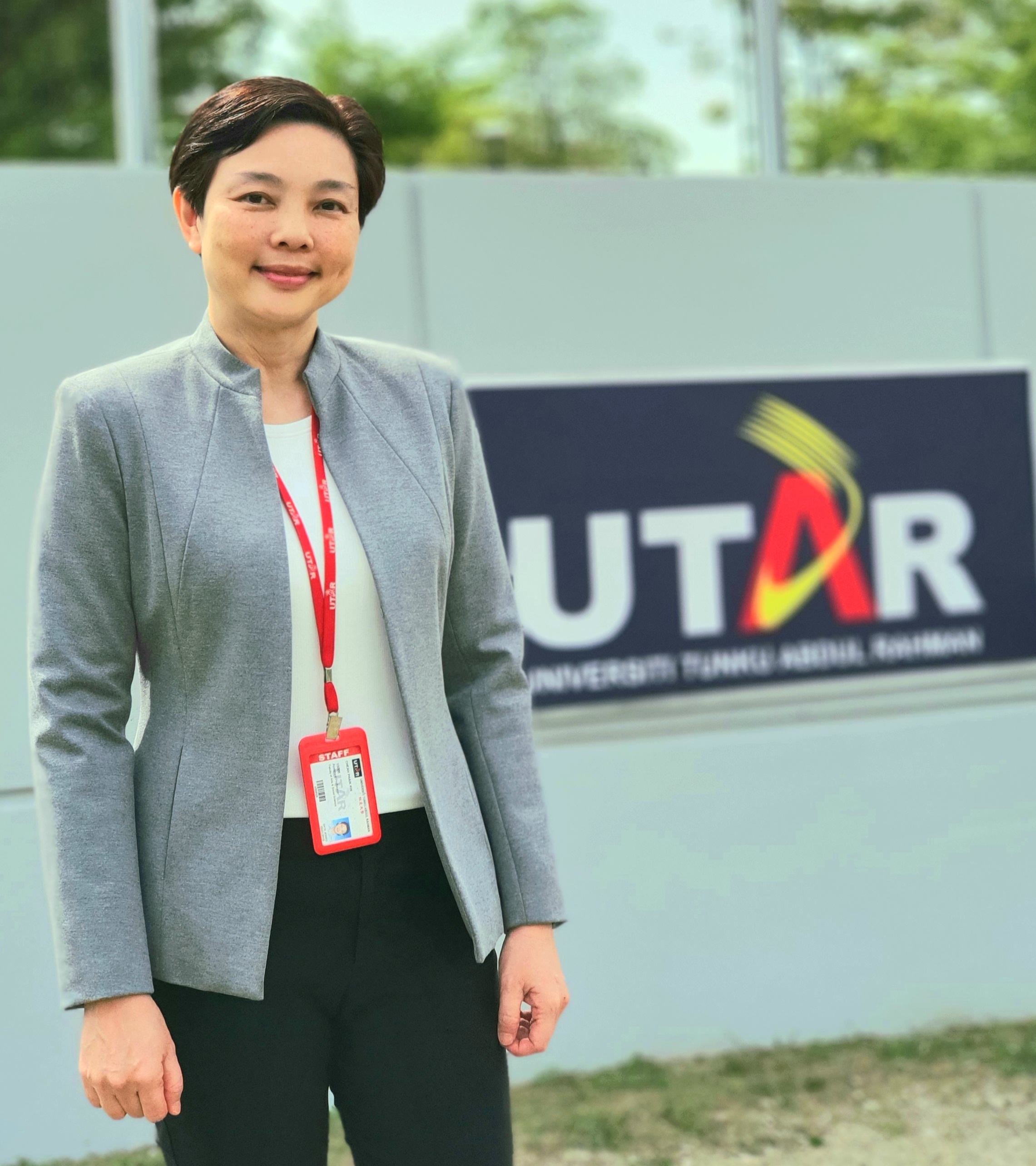
Study found lockdowns bring negative and positive impacts across four countries

Dr Cheah
A recently published study by a team of researchers found that people experienced negative and positive impacts in lockdowns across four countries. Universiti Tunku Abdul Rahman academic Associate Professor Dr Cheah Phaik Kin and her team’s study of people’s experiences of lockdowns in Malaysia, Thailand, Italy and the United Kingdom, found some common themes in people’s experiences.
Dr Cheah said from data collected through in-depth interviews with 84 respondents in four countries, it was found that people experienced some negative impacts in their lives because of the restrictions during the lockdown. They negative impact from fear of getting infected, isolation, loss of jobs and income, separation with family and friends and missed milestones in their lives were some of the most negative experiences that they described across all the countries. People also learnt to cope with these negative experiences by managing their finances better, staying connected with their family and social circles by phone or online, finding alternative ways to earn a living, taking safety precautions to avoid getting infected, etc.
“However, there were also some positive experiences that the respondents reported such as more time with family, spending less and having more time to cook and rest at home. We also found that generally, the individual, social and economic factors affected the respondents’ experience of the lockdown,” she explained.
Her team comprising 13 authors from 11 organisations across 4 countries came together to work on this project right after the start of the lockdown in March 2020. Their research report titled “The impact of Covid-19 non-pharmaceutical interventions on the lived experiences of people living in Thailand, Malaysia, Italy and the United Kingdom: A cross-country qualitative study” was published in Plos One last month - https://journals.plos.org/plosone/article?id=10.1371/journal.pone.0262421
She explained that the whole world was hardly prepared for a catastrophe of this magnitude when the World Health Organisation (WHO) declared the pandemic on 30 January 2020. “At the time, it was unexpected, unprecedented, and worst of all, we didn’t know much about the Coronavirus,” she added.
“As researchers, we have a duty to execute a research emergency response. My colleagues and I had quickly responded to this global calamity. We are the planet’s citizens – so we asked ourselves – what is our responsibility to the world in this desperate situation? How can we contribute to the search for solutions to overcome this crisis? What can we do to help? We did not have the expertise to research into medical treatments or create a vaccine, but in this state of emergency, what we could do was to look at the social aspects of the situation.”
“As this was a novel situation, we asked some basic question to gain insights to how people were experiencing the pandemic and lockdowns. We asked people how they are experiencing the lockdown, and what are the impacts of the lockdown? There was, of course, no data about this at that time.”
In March 2020, the research team had come together to online meetings to develop the research design, obtain ethical approvals from the various governments and institutions. Within the next two months, the online website was launched at the University of Oxford’s website. This qualitative study was a part of a larger study involving an online survey.
Dr Cheah said, “In the online survey website, we inserted a link to recruit participants in-depth interviews. As most of us were working from home, we used our personal networks, the social media and online platforms to recruit participants.
I am really grateful to all the participants who were willing to volunteer their time for the interviews. They themselves were facing a lot of difficulties and challenges to cope in this situation.”
These four countries were selected because they had a range of moderate to the highest number of Covid-19 infections and deaths. Among these selected countries, some were affluent while others were poor or developing. The objective of the study was not to achieve representation or generalisation, but to explore people’s experiences in multiple domains.
“Despite these restrictions, we knew we had to act fast. We knew we had to publish and share our data fast. In May 2020 itself we had published our research protocol as soon as we obtained ethics approvals from the various internal review boards, we published it Wellcome Open Research so that other people could use replicate it or use it to develop other research projects in their own locales. Then in the following months, we had shared the pre-print data, and published our findings elsewhere such as the mass media, symposiums and webinars, journals and an exhibition,” she added.
The efforts to share the data and publicise the findings were important to ensure that data was accessible to decision makers, governments, healthcare workers, hospital administrators, counsellors, social workers, and anyone who needed evidence to make informed decisions to gain some insights and understanding of this situation that has never happened ever before.
“I feel happy that I have played my role and carried out my responsibility as a researcher to look for solutions in this global disaster. My team and I have done our best to do what we can in this state of emergency giving our time, resources, and expertise in search for answers. We are grateful to our funders, and the various internal review boards in expediting the ethical approvals enabling us to collect, share and publish the crucial data when it is needed most,” she added.
Related links:
Twitter: @PhaikKin
https://journals.plos.org/plosone/article?id=10.1371/journal.pone.0262421
https://bmjopen.bmj.com/content/11/7/e046863
https://wellcomeopenresearch.org/articles/5-90
© 2022 UNIVERSITI TUNKU ABDUL RAHMAN DU012(A).
Wholly owned by UTAR Education Foundation (200201010564(578227-M)) LEGAL STATEMENT TERM OF USAGE PRIVACY NOTICE